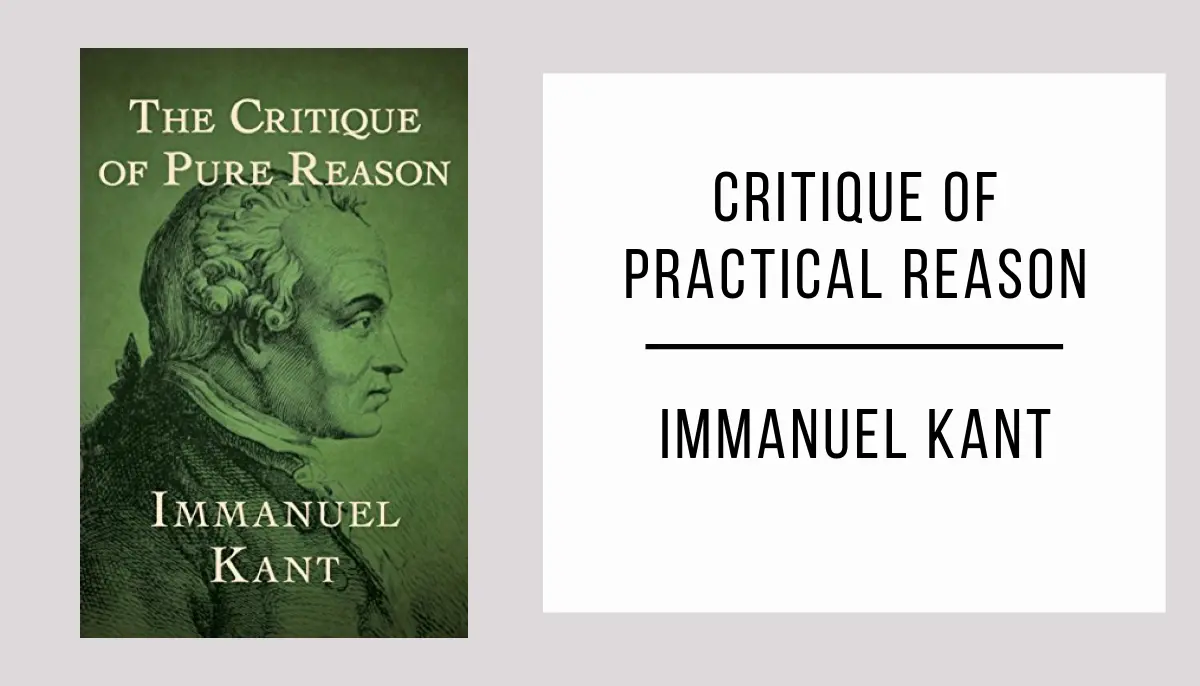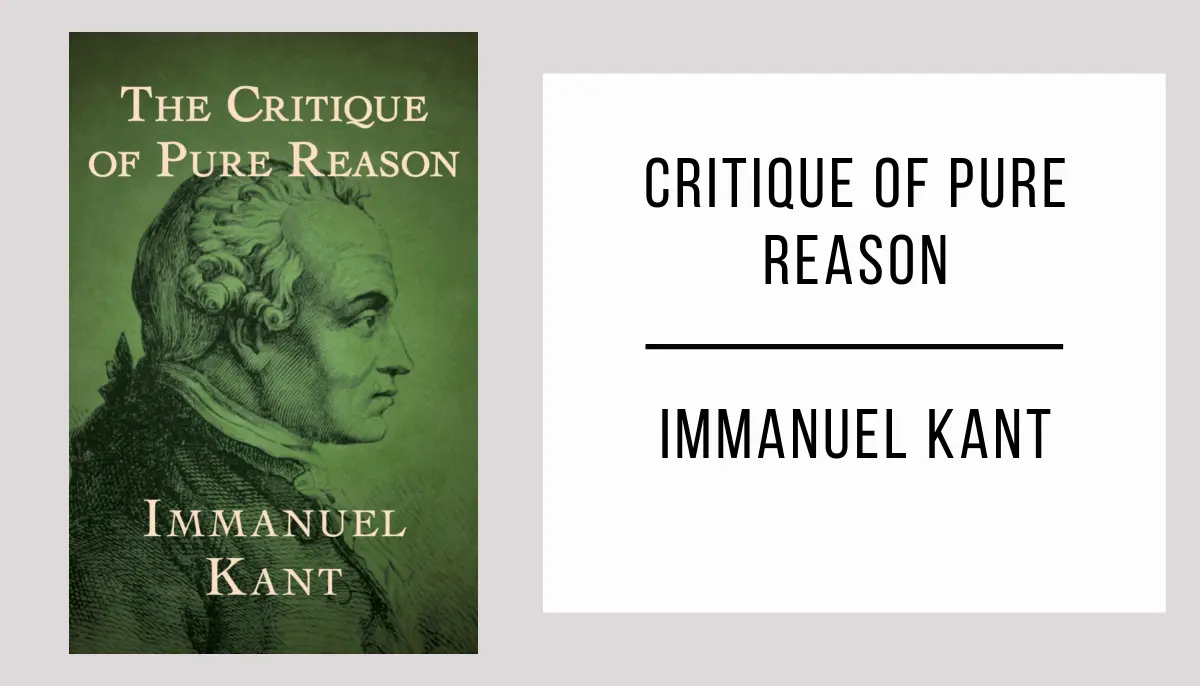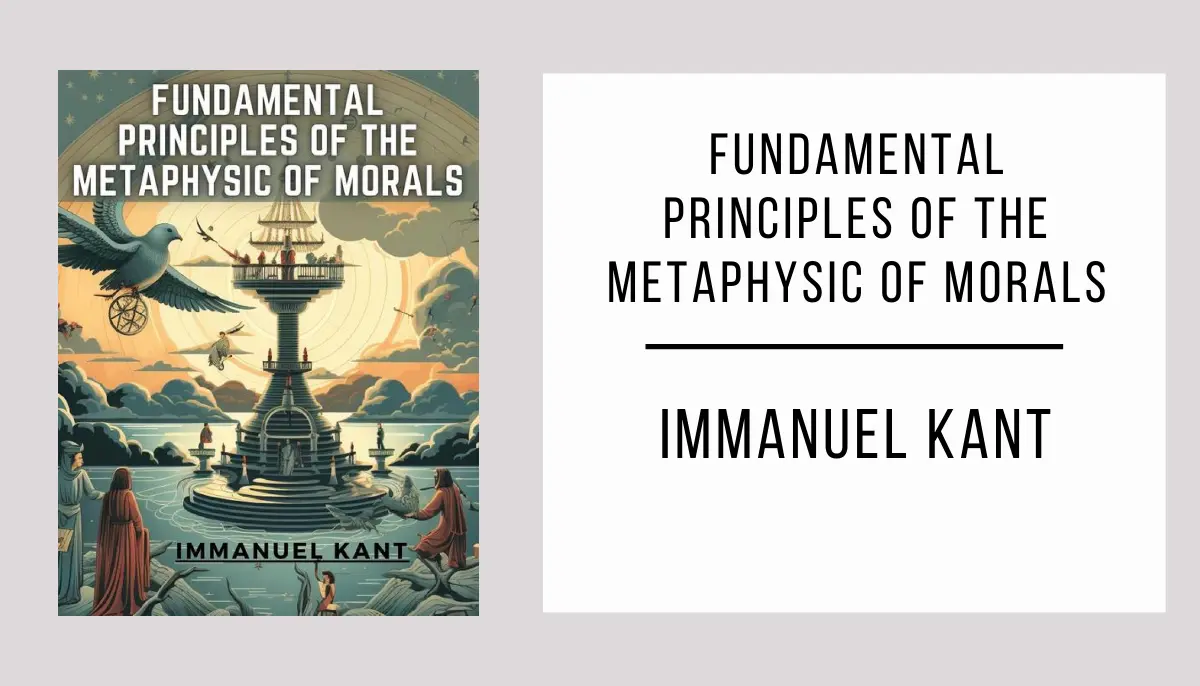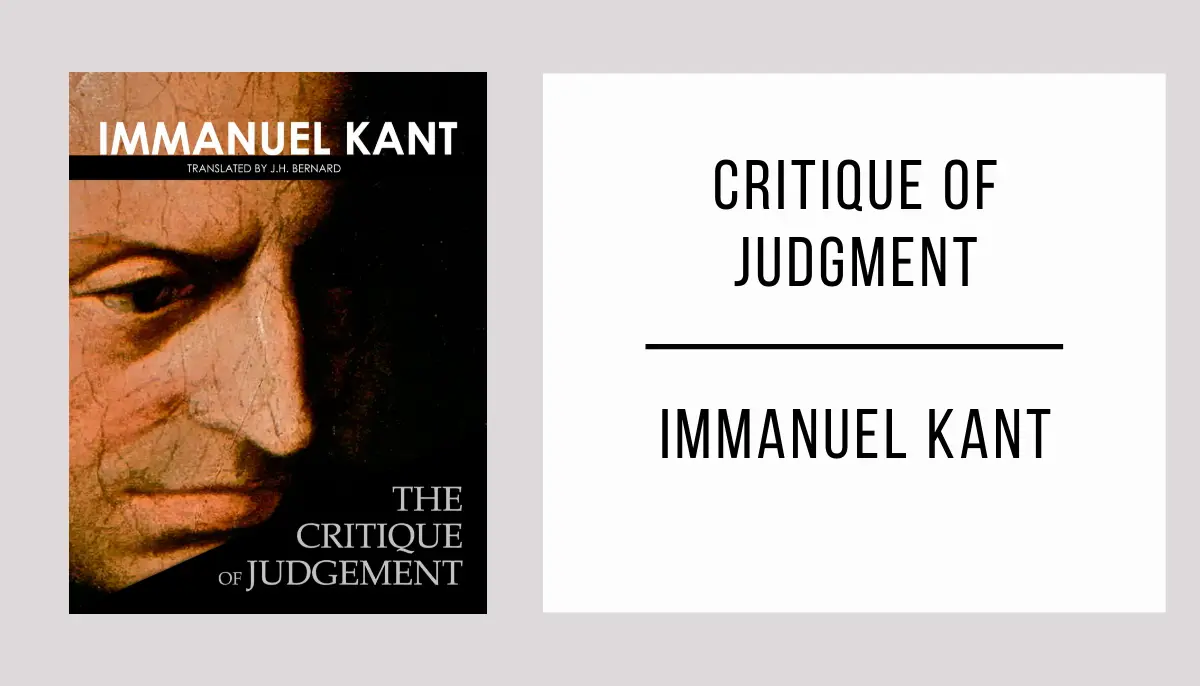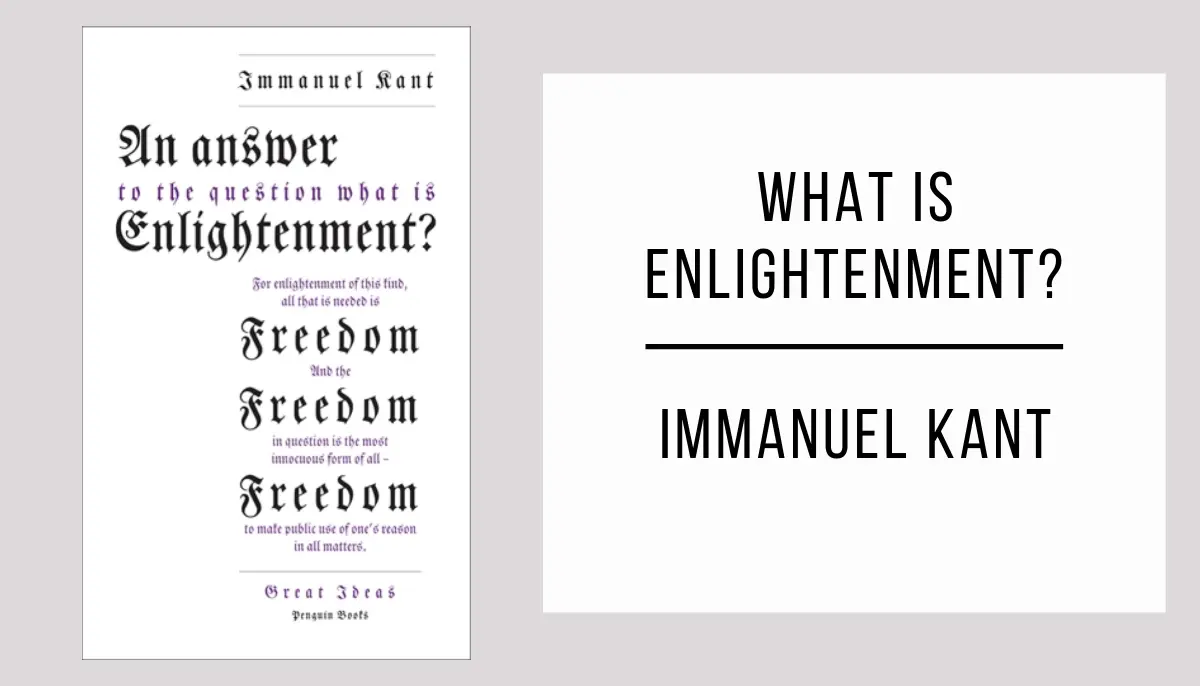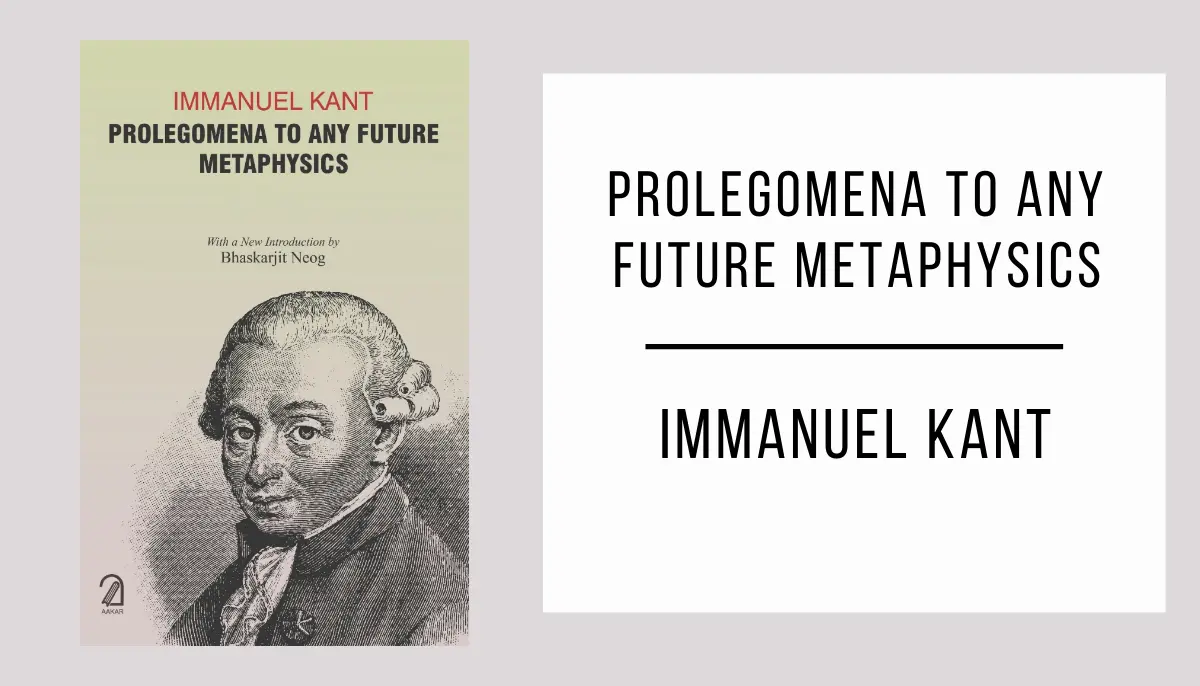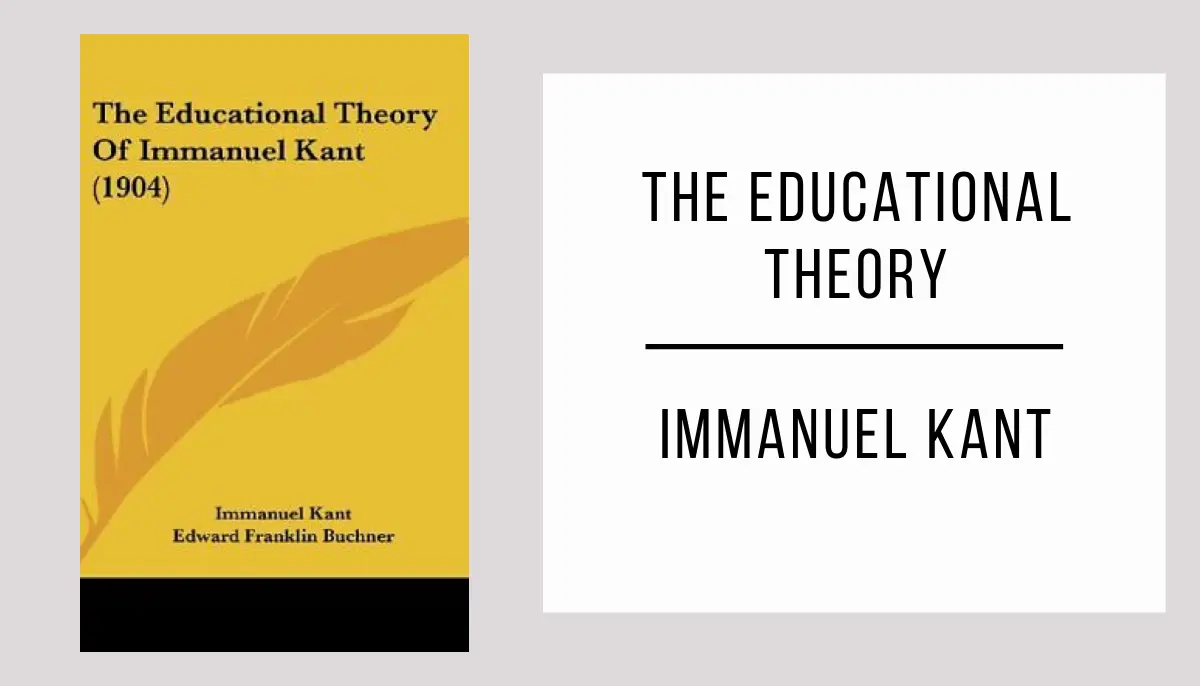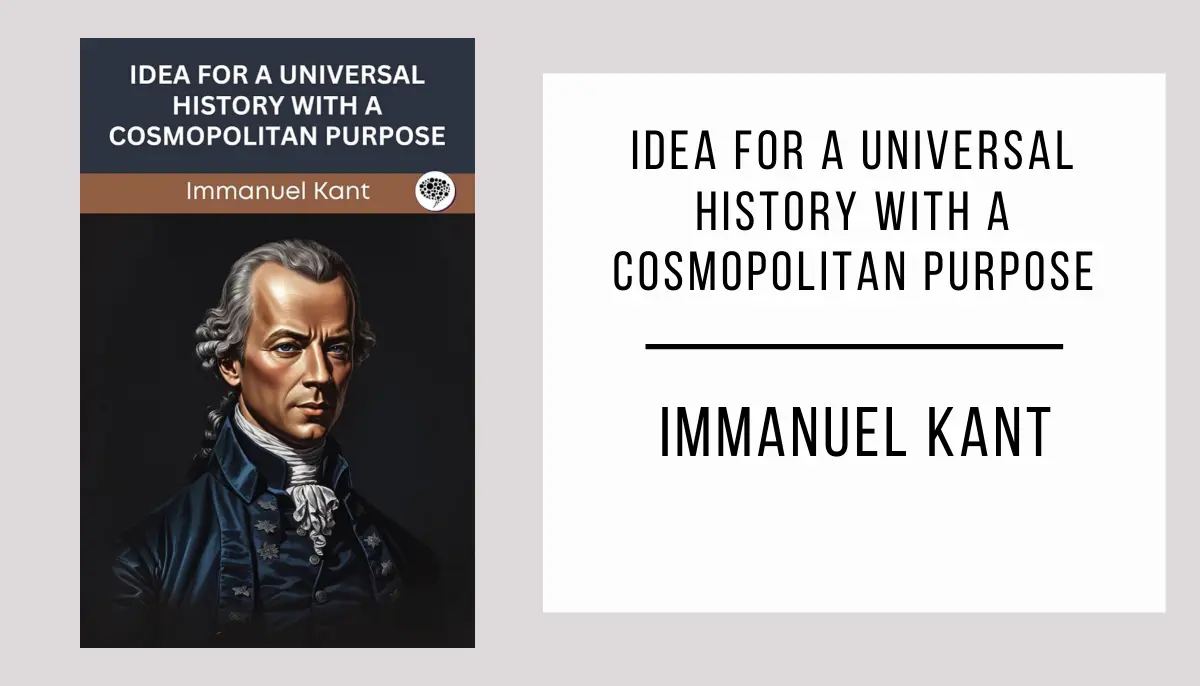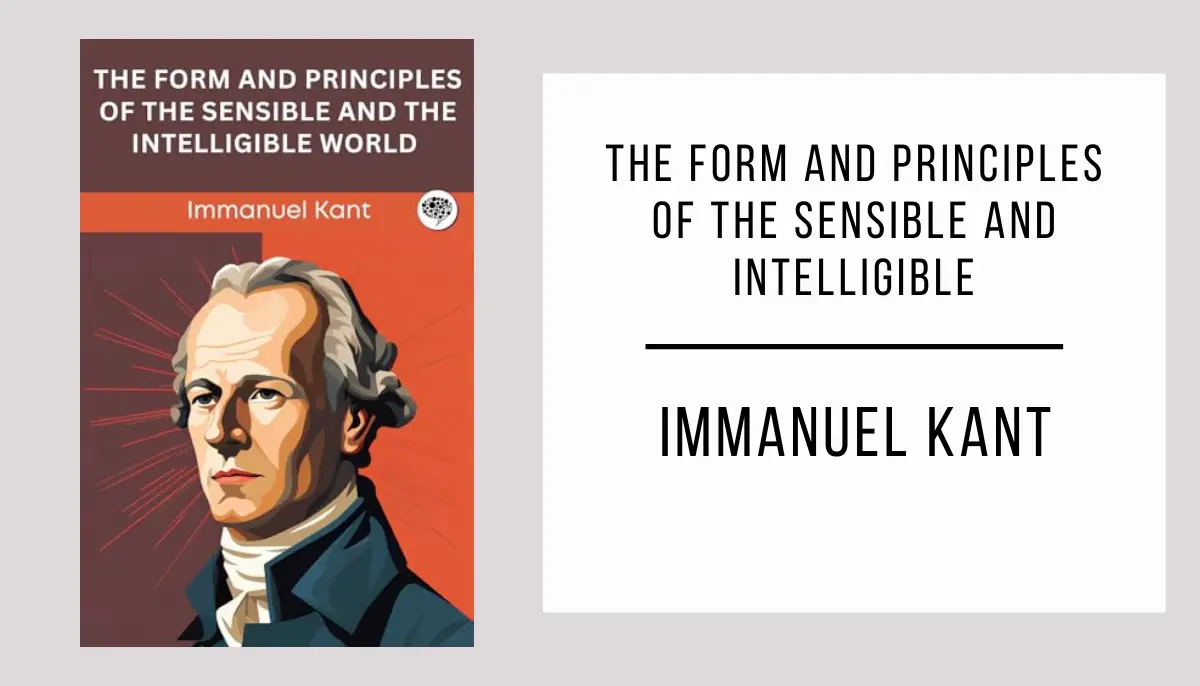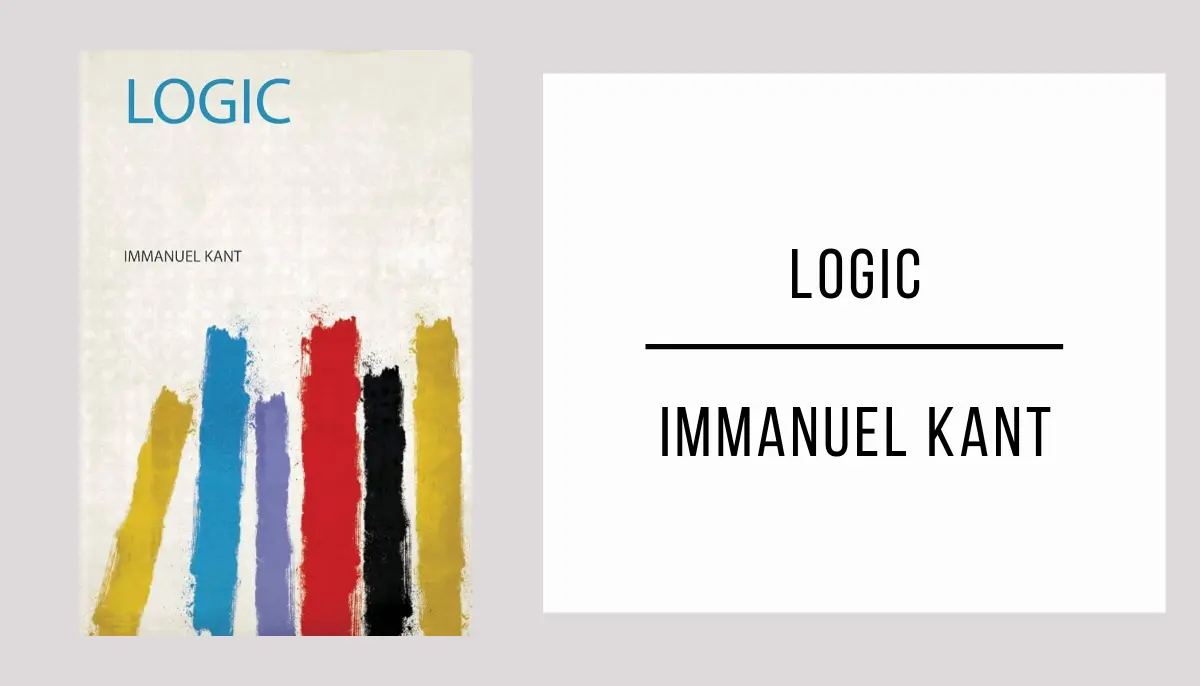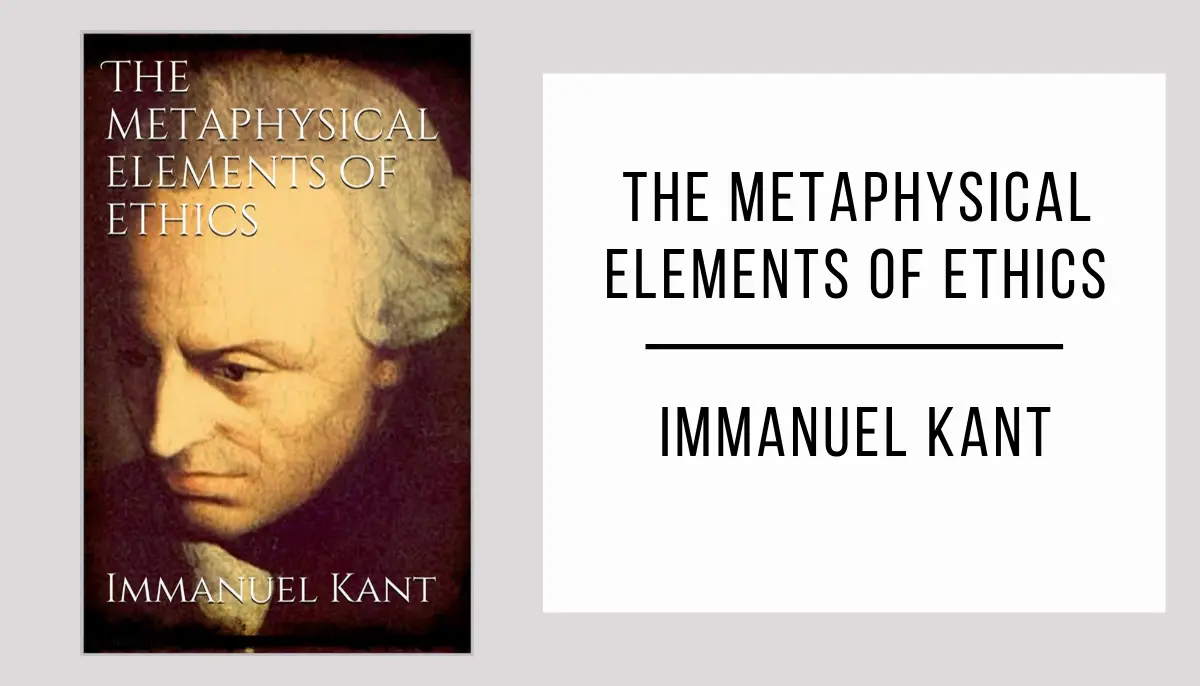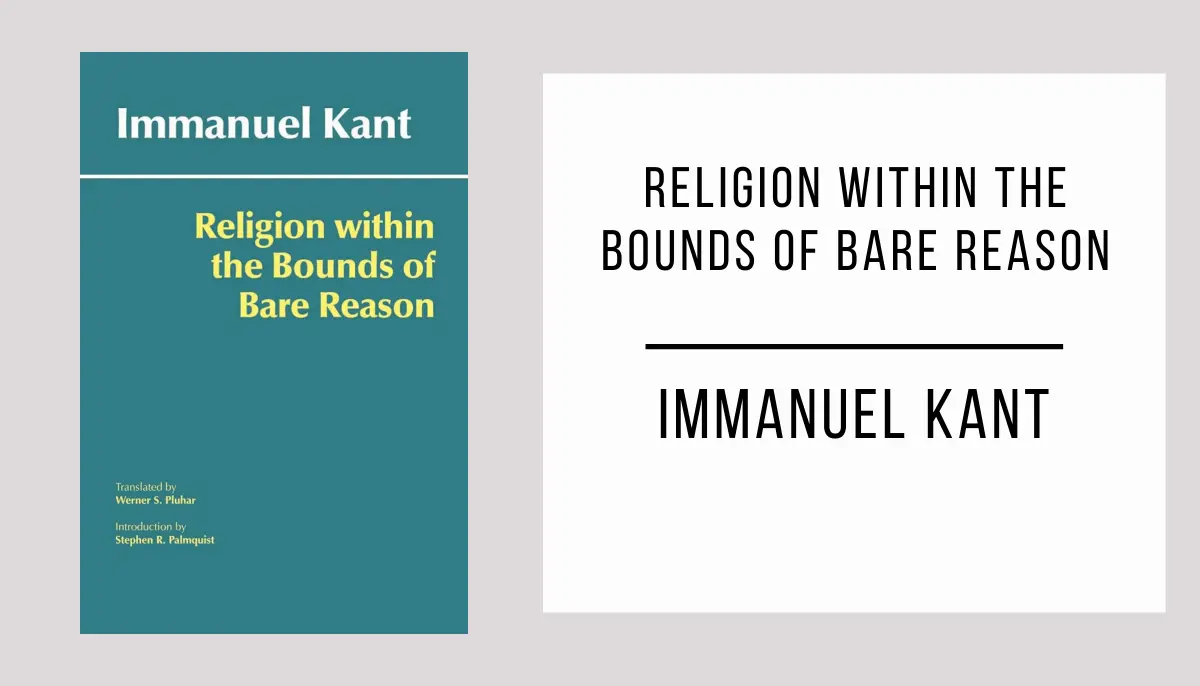Immanuel Kant’s “Critique of Practical Reason” is a profound and revealing analysis of human morality. Discover how reason influences our decisions and challenges our ethical convictions.
Download and read “Critique of Practical Reason” in PDF format for free. Immerse yourself in Kant’s brilliant mind and expand your understanding of morality and ethics.
Don’t miss the opportunity to explore Immanuel Kant’s revolutionary ideas in “Critique of Practical Reason”. Through its reading, you will be challenged to question your own beliefs and broaden your perspective on practical reason.
Critique of Practical Reason in PDF format
*Wait a few seconds for the document to load, the time may vary depending on your internet connection. If you prefer, you can download the file by clicking on the link below.
Loading fileInformation Critique of Practical Reason
- Author: Immanuel Kant.
- Publication Date: 1788.
- Main Characters:
- There are no specific characters in the play.
- Brief Summary: “The Critique of Practical Reason” is a philosophical work written by Immanuel Kant in which he examines the nature of morality and ethics. Kant emphasizes the importance of practical reason and its influence on moral decision-making. He explores concepts such as duty, freedom, and will, arguing that morality is based on universal rational principles.
- Thematic Analysis: “The Critique of Practical Reason” focuses on reflecting upon morality and ethics, exploring the significance of practical reason and universal principles in moral decision-making. Immanuel Kant emphasizes the idea that morality does not depend on consequences or individual inclinations but on obedience to rational principles. The work also addresses themes such as freedom and moral duty.
- Historical Context: “The Critique of Practical Reason” was published in 1788 during the period known as the Enlightenment. In this historical context, there was an emphasis on using reason to understand and improve society. Immanuel Kant, as a philosopher of the Enlightenment, presented his work as a continuation of his Critique of Pure Reason, now addressing the realm of morality and ethics.


